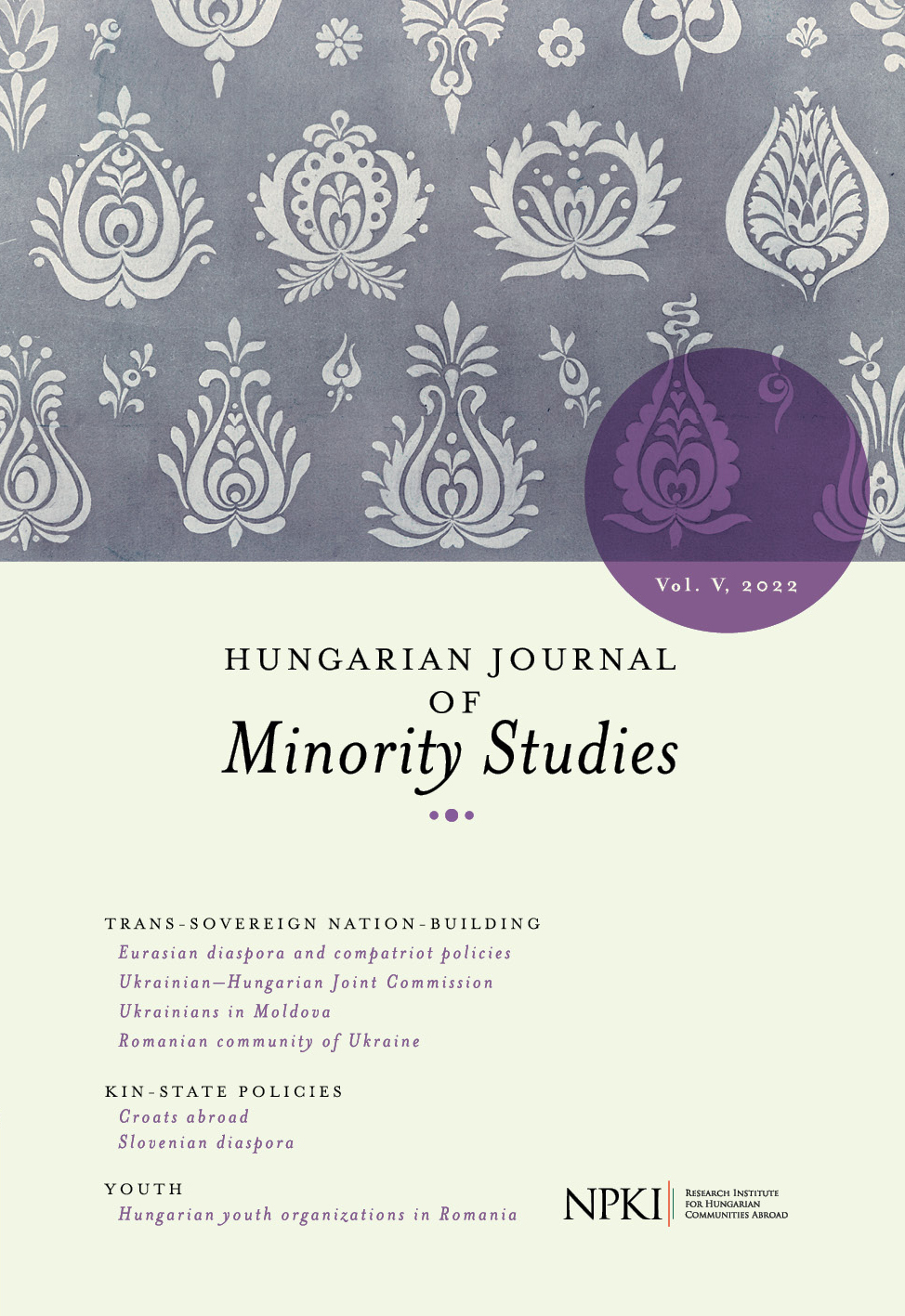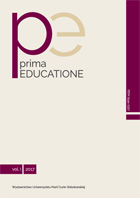
Historical Legacies in Eurasian Diaspora and Compatriot Policies
Historical Legacies in Eurasian Diaspora and Compatriot Policies
Keywords: Diaspora;Migration;Eurasia
The post-Soviet diaspora and compatriot policies appear to demonstrate that a new phenomenon emerged after the USSR’s dissolution. An examination of the Soviet approaches to the “nationalities question” and pre-Soviet imperial governance patterns shows that the imaginaries of expatriate communities were inherent to both periods’ perceptions and state action. For various reasons, the issues of ethnicity-based subnational statehood and original ethnic territories were not clearly formulated and articulated; as a result, expatriate issues were not on the surface, but nevertheless materialized in pragmatic arrangements. Since the Soviet Union’s dissolution, the newly independent states have pursued diaspora and compatriot policies; generally, they target and favor co-ethnics, but this rationale is often not clearly articulated and is not always consistently followed. The said policies still demonstrate conceptual and terminological ambiguity and eclecticism; the governments avoid a straightforward and strongly worded manifestation of their countries’ ethnic underpinning but employ diaspora issues to display ethnic preferences. The practical approaches to diasporas and compatriots to various degrees demonstrate inconsistencies and gaps; flexibility in “talks” and “action” provide the best opportunities in achieving ad hoc pragmatic goals. One can assume that the major features of expatriate policies (as well as ethnic diversity policies) in most Northern Eurasian countries resemble the patterns of Soviet rule.
More...
